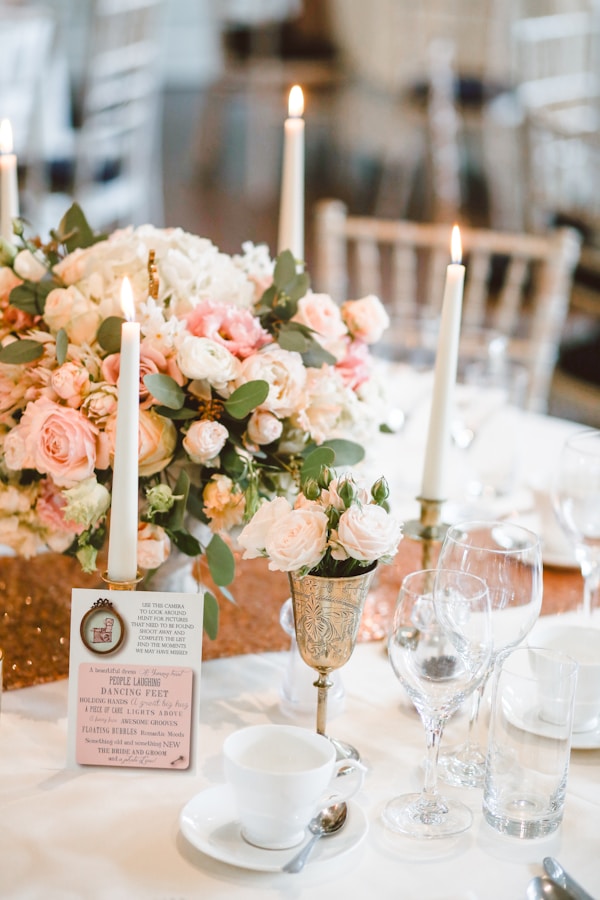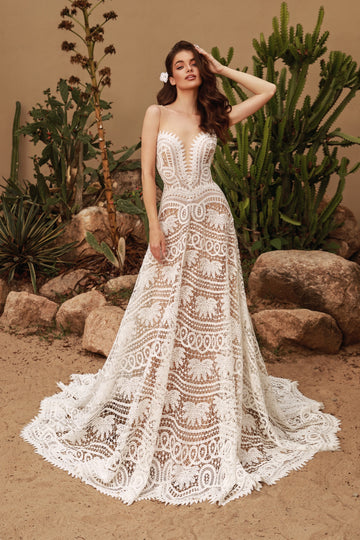Exploring the Techniques Behind Creating a Stunning Wedding Dress with a Layered Tulle Skirt
Exploring the Techniques Behind Creating a Stunning Wedding Dress with a Layered Tulle Skirt
Introduction
The enchanting world of Wedding dresses is filled with dreams, elegance, and intricate artistry. Among the most captivating styles is the wedding dress with a layered tulle skirt. This ethereal design not only adds volume and movement but also exudes a romantic charm that many brides yearn for. In this article, we will delve into the various techniques used to create these beautiful layered tulle skirts, providing insights that aspiring designers and brides-to-be will find invaluable.
The Allure of Tulle
Tulle is a lightweight, very fine netting that’s often made from silk, nylon, or polyester. Its delicate appearance makes it a popular choice for bridal attire. Tulle can take on various textures and finishes, from soft to stiffer varieties that hold their shape. When it comes to Wedding dresses, tulle serves as the perfect fabric for creating layers that add volume and texture, allowing for a dreamy aesthetic.
1. Selecting the Right Tulle
The first step in creating a wedding dress with a layered tulle skirt is selecting the appropriate type of tulle. There are several options:
| Type of Tulle | Characteristics |
| Silk Tulle | Luxurious, soft, and drapes beautifully but can be expensive. |
| Nylon Tulle | More affordable, durable, and available in a variety of colors. |
| Polyester Tulle | Similar to nylon but slightly stiffer, retaining shapes well. |
Choosing the right tulle depends on the desired final look and budget.
2. Layering Techniques
Creating layers in a tulle skirt is an art that requires precision and creativity. Here are some common techniques:
Gathering
Gathering is a technique where the fabric is bunched together to create fullness. This is often done by sewing a straight stitch along the top edge and pulling the threads to collect the fabric evenly.
Tiering
Tiering involves sewing one piece of tulle on top of another, each layer progressively longer than the one above it. This creates a cascading effect that can resemble flowing waterfalls or billowing clouds.
Ruching
Ruching is a process where fabric is pleated or gathered in a specific area to add texture and drama. This technique is particularly effective at the waistline of the dress, leading into the layered skirt.
3. Adding Structure
While tulle is light and airy, adding some structure can enhance the design. Here are a few techniques to consider:
Crinoline Underskirts
Incorporating a crinoline underskirt can provide additional volume and structure to the layered tulle skirt. Crinoline is a stiff fabric that holds its shape well, allowing the tulle to cascade beautifully over it.
Hoops
For brides seeking maximum volume, a hoop skirt can be added beneath the layers of tulle. This creates a dramatic silhouette and allows for ease of movement, especially during dancing.
4. Sewing Techniques
The construction of a wedding dress with a layered tulle skirt also relies on solid sewing techniques. These include:
French Seams
French seams are a great choice for tulle, as they encase raw edges and prevent fraying. This technique results in a clean and polished finish.
Bias Binding
Using bias binding along the hem can create a beautiful finish while also providing some weight to the hem, ensuring that the layers flow gracefully.
Finishing Touches: Embellishments
Once the basic structure of the dress is complete, adding embellishments can enhance the overall look. Here are some popular options:
Beading and Sequins
Incorporating beads and sequins can catch the light beautifully, adding a touch of glamour to the layered tulle skirt. They can be sewn randomly or used to create specific patterns or motifs.
Floral Appliqué
Floral appliqué made from lace or fabric can give the dress a romantic feel. These can be strategically placed to draw attention to the waist or scattered across the layers for a whimsical look.
Color and Dye Techniques
While traditional Wedding dresses are white or ivory, adding color can make a bold statement. Techniques such as dip-dyeing or ombre effects can add depth and uniqueness to the layered skirt.

Conclusion: Embrace Your Creativity
Creating a wedding dress with a layered tulle skirt is a multifaceted process that combines artistry, technique, and imagination. By understanding the various materials and techniques available, aspiring designers can craft stunning gowns that leave a lasting impression. Remember, the key is to choose the right tulle, employ effective layering and sewing techniques, and consider unique embellishments to personalize the design. Whether you are designing for someone special or for yourself, embrace your creativity, and let your vision come to life. Potential brides should also consider these techniques when discussing their dream gown with their designers. Ultimately, the perfect wedding dress is one that resonates with your personal style and reflects the elegance and joy of the occasion.
